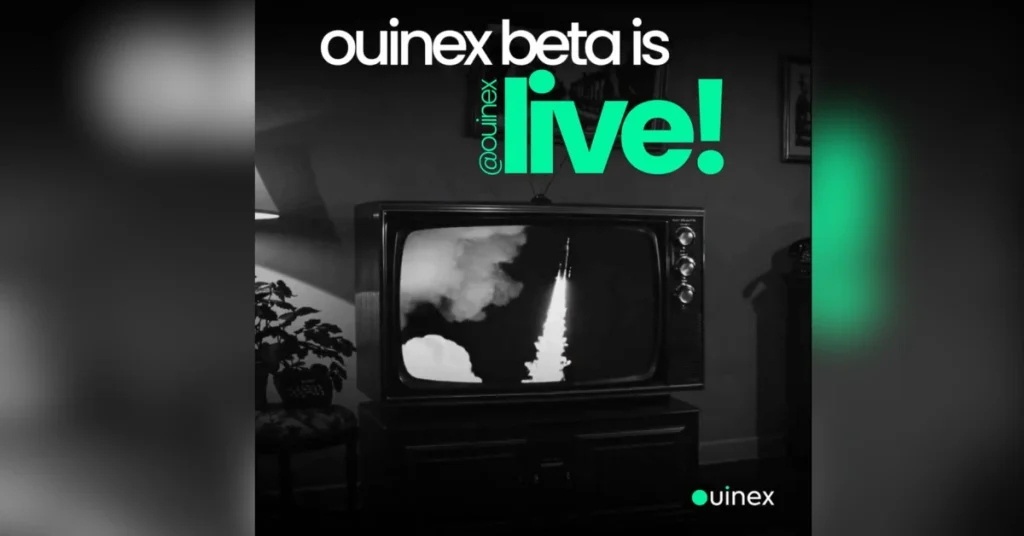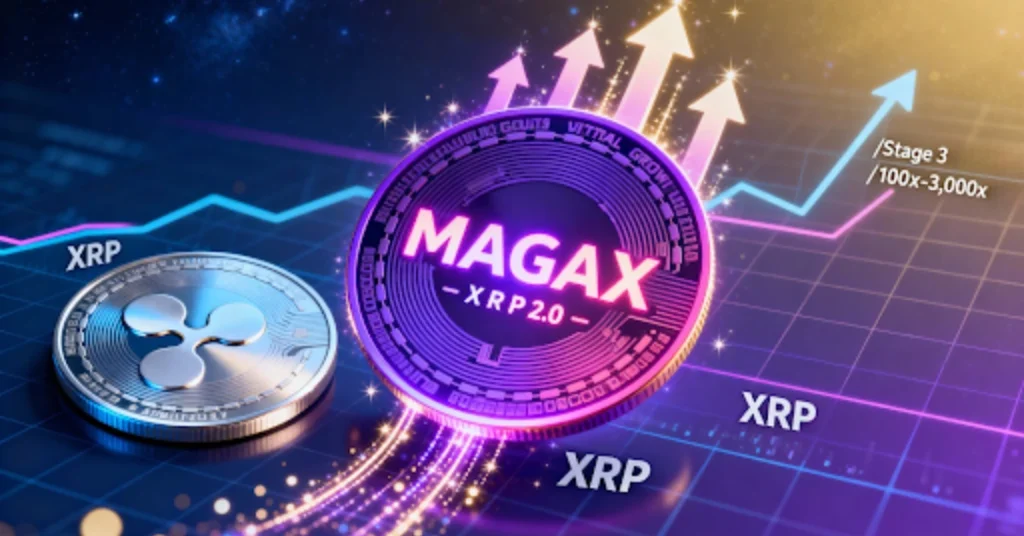
Staking services are not securities
Brian Armstrong, CEO of major US crypto asset (virtual currency) Coinbase, reiterated on the 13th that the staking service provided by the company is not a security. He threatened to take the case to court with the US Securities and Exchange Commission (SEC).
Coinbase’s staking services are not securities. We will happily defend this in court if needed.https://t.co/GtTOz77YV3
—Brian Armstrong (@brian_armstrong) February 12, 2023
Coinbase’s staking service is not a security. Defend this in court if necessary.
Mr. Armstrong said in this way, as in the case of the SEC indicting the Kraken, a major US exchange, as a check against moves to tighten regulations on the entire US staking service.
The SEC on Thursday charged Kraken with violating U.S. securities laws by offering staking services. Alleging that Kraken provided staking services equivalent to investment contracts without prior registration. He said he failed to disclose information to investors in accordance with securities laws.
In response, Kraken has already reached a settlement with the SEC, agreeing to pay about 3.9 billion yen ($30 million), including fines and illegal gains, and to stop providing staking services in the United States.
connection:US SEC: Kraken’s cryptocurrency staking service violates securities laws
A day before the SEC indictment was announced, Mr. Armstrong argued that if staking was to be banned in the United States, it would be a “silly path” and the industry would need to come together.
connection:US Coinbase CEO: If staking ban rumors are true, US is on a stupid path
staking
Staking is a mechanism in which rewards are obtained by depositing a certain amount of virtual currency into the network for a predetermined period of time. Rewards are provided in the same currency as compensation for contributing to the management/maintenance of the network, such as locking the virtual currency (a state where it cannot be moved freely) and approving data for adding blocks.
 Cryptocurrency Glossary
Cryptocurrency Glossary
coinbase claims
Coinbase Chief Legal Officer Paul Grewall argued on the 10th that the staking service offered by Coinbase is not a security.
On the official blog, he stated that “staking is not a security under the U.S. securities law, nor is it a security in the Howie test used by the SEC to determine whether an investment contract is a security.” He pointed out that staking does not meet the four elements of the Howie test.
- money investment
- Joint venture
- reasonable expectations of profit
- efforts of others
howie test
The Howie test is a test that determines whether a specific transaction falls under one of the definitions of securities trading called “investment contract” in the United States. Derived from the SEC’s lawsuit against WJ Howey. Although this itself is not legally binding, the SEC has filed lawsuits against multiple ICOs (token sales) based on this test.
 Cryptocurrency Glossary
Cryptocurrency Glossary
First, Mr. Grewal points out that even if the definition is expanded to “specified consideration,” it does not constitute a “monetary investment.” He explained that when a Coinbase customer asks to stake, he does not give up the cryptocurrency to receive another consideration and continues to hold the same amount of cryptocurrency.
It also said that the ownership belongs to the customer, who also has the right to unstake it according to the protocol.
Next, “Staking services do not meet the Howie Test definition of joint ventures because assets are deposited in a decentralized network.” “Staking users are connected by blockchain technology, not as a joint venture, The community validates the transaction, and since the reward for staking is determined by the protocol, not Coinbase, the user interest is not tied to Coinbase, so it does not meet the common law definition of a joint venture.” concluded.
Also, staking rewards are consideration for verification services provided to the network, not returns on investment. Therefore, it does not constitute a “reasonable expectation of profit,” Grewal said. Rewards are determined by the protocol, regardless of who does the staking.
If the customer does staking by themselves, they have to prepare a dedicated computer and bear the maintenance costs, etc., but if they choose staking through an exchange, they have to pay a commission for the work agency service. That’s the only difference, he explained.
Furthermore, staking rewards are not paid based on the “efforts of others” by service providers. The protocol controls which validators receive rewards and how much, and staking services provided by providers do not influence the staking rewards received by customers as a “significant factor.” Glewal summed up the service provider’s offering as an IT service, not an investment service, but a verification.
hinder innovation
Grewal said the purpose of securities laws is to “correct the information imbalance.” There is no information imbalance in staking because participants connected on the blockchain “can verify transactions through a community of users who have equal access to the same information.”
He criticized the SEC’s practice of superimposing securities laws on processes such as staking, not only not beneficial to American consumers but also stifling innovation.
SEC Commissioner Hester Pearce, known as a cryptocurrency advocate, issued a statement on the 9th, criticizing the SEC for deeming the suspension of Kraken’s staking service an “investor’s victory.” Despite the fact that the SEC did not set up guidance on staking in advance, the SEC’s response to continuing to regulate the cryptocurrency industry through enforcement actions was “neither efficient nor fair,” and strongly criticized the agency’s stance. are doing.
connection:How to view the US SEC’s Kraken indictment and consider the impact on Ethereum staking
The post Coinbase Chief Legal Officer Warns SEC Over Staking Controversy appeared first on Our Bitcoin News.

 2 years ago
185
2 years ago
185














 English (US) ·
English (US) ·